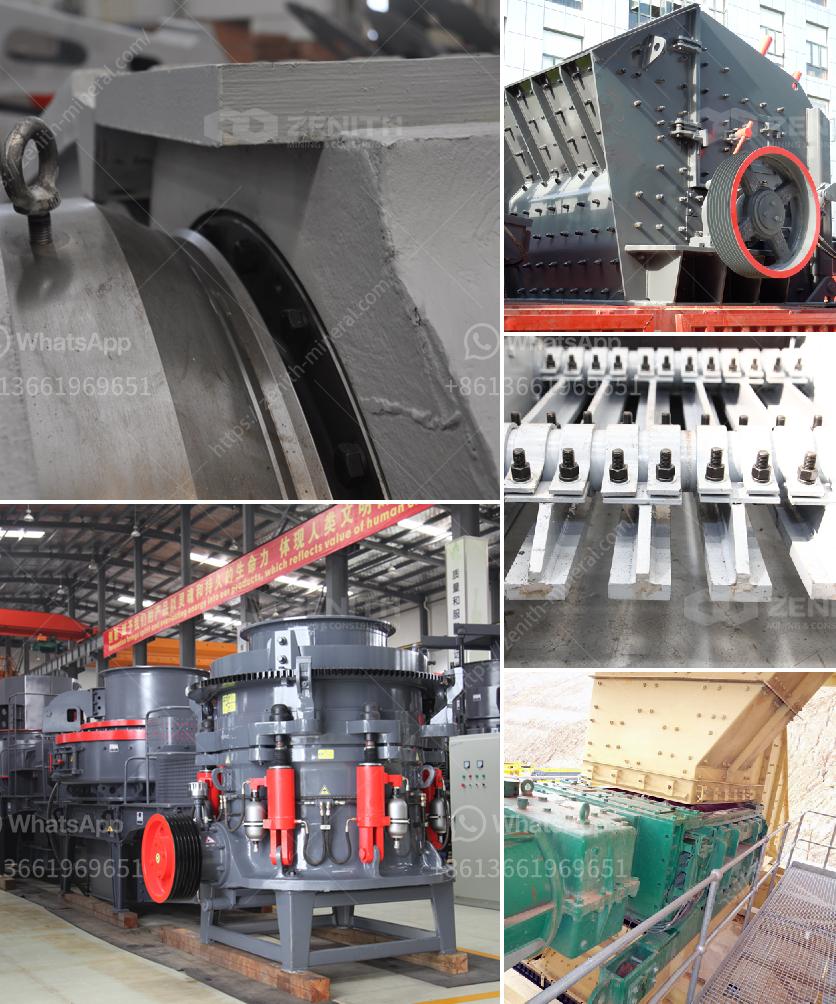The price of crushed stone is determined by several factors:
Material Type and Quality: Different types of stone, like limestone, granite, or trap rock, can vary greatly in price due to their availability and durability.
Size and Grade: The size and grade of the stone can impact cost. Different construction needs may require different sizes, and more finely crushed stone can be more expensive.
Geographical Location: Proximity to the quarry can affect transportation costs. If a construction site is far from a quarry, transportation adds to the price.
Market Demand: High demand in certain areas or during certain times of year, especially during peak construction seasons, can drive prices up.
Production Costs: The cost of extraction, crushing, and processing stone influences pricing. Fuel prices, labor costs, and equipment costs are all factors that can vary and affect the final pricing.
Supplier and Competition: Different suppliers may offer different prices. In areas with multiple suppliers, competition can help keep prices lower.
Volume Purchased: Buying in bulk typically reduces the cost per unit.
Government Regulations and Taxes: Environmental regulations and taxes on mining and production can also impact the price.
All these factors combine to determine the final price of crushed stone for a specific project or need.
